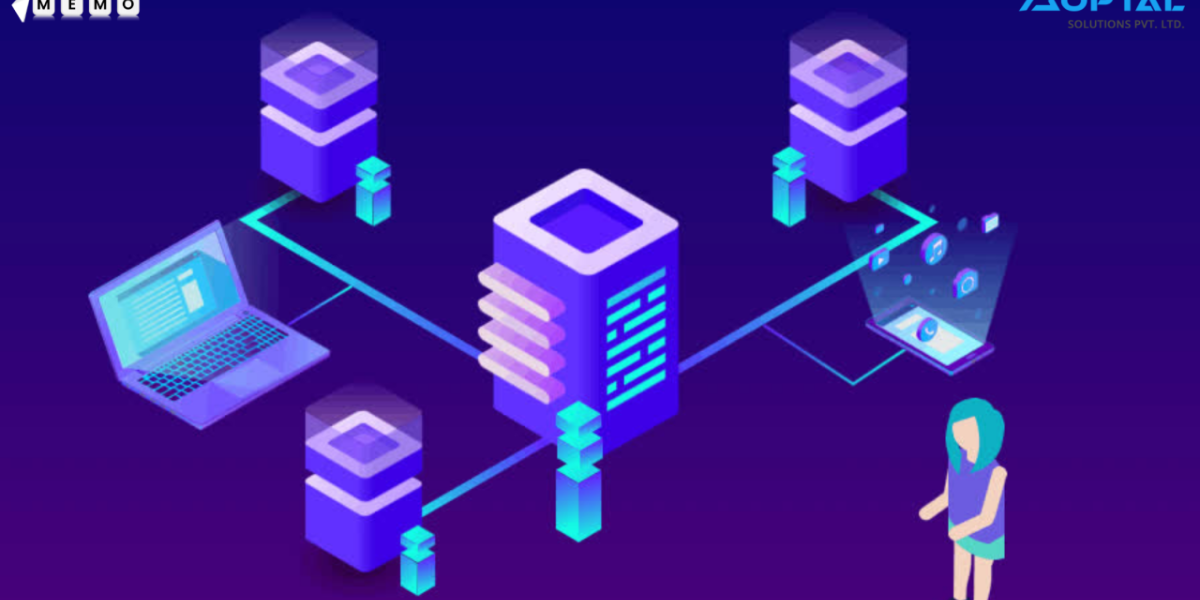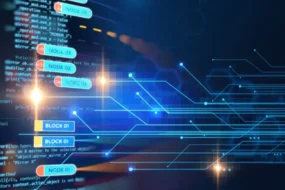
In the ever-evolving realm of technology, the convergence of blockchain and operating systems is reshaping how we perceive digital landscapes. This deep dive explores the advent of Decentralized OS, a transformative force propelling us into the future of secure, transparent, and collaborative computing.
Navigating the Blockchain Wave: Decentralized OS Unveiled
Decentralized OS marks a paradigm shift from traditional operating systems. Harnessing the power of blockchain, it introduces a new era of transparency, security, and user-centric control. The core focus lies in eliminating centralized authorities, paving the way for a trustless, peer-to-peer computing experience.
Understanding the Blockchain Foundation
At the heart of Decentralized OS is blockchain technology. Utilizing decentralized ledgers, it ensures tamper-resistant data storage, fostering transparency and security. This foundational shift challenges the traditional model of relying on a single entity for data integrity.
User Empowerment: Taking Control of Your Digital Realm
Decentralized OS empowers users by granting them control over their data. Through cryptographic principles, individuals can secure their information, deciding who accesses it and when. This shift from centralized control to user autonomy is a fundamental aspect of the decentralized revolution.
Key Components of Decentralized OS
Smart Contracts: Automating Trust
Smart contracts play a pivotal role in Decentralized OS. These self-executing contracts, coded on the blockchain, automate processes without the need for intermediaries. This not only streamlines operations but also enhances trust among users.
Peer-to-Peer Networking: Redefining Connectivity
Decentralized OS thrives on peer-to-peer networking. By eliminating centralized servers, it ensures direct communication between users, boosting efficiency and reducing dependency on vulnerable points of failure.
Security in the Decentralized Paradigm
Immutable Data: Guarding Against Tampering
One of the standout features of Decentralized OS is the immutability of data. Once recorded on the blockchain, information becomes resistant to tampering or unauthorized alterations, ensuring data integrity.
Byzantine Fault Tolerance: Ensuring Reliability
Decentralized OS employs Byzantine Fault Tolerance, a consensus mechanism that ensures the system remains robust even in the face of malicious nodes or unforeseen issues. This enhances the reliability of the entire network.
Adoption Challenges and Future Prospects
Overcoming Adoption Hurdles
While the potential of Decentralized OS is immense, widespread adoption faces challenges. The learning curve, regulatory uncertainties, and interoperability issues pose obstacles that the community is actively addressing to propel decentralized systems into the mainstream.
Future Prospects: Shaping the Digital Tomorrow
The decentralized revolution is unstoppable. As developers, businesses, and users increasingly recognize the advantages, the future holds the promise of a digital landscape where trust, security, and user empowerment are at the forefront.
Final Words: Navigating the Future with Decentralized OS
As we navigate the future, Decentralized OS stands as a beacon of innovation. By embracing blockchain technology, it not only redefines how we interact with operating systems but also sets the stage for a more democratic and secure digital world.
Commonly Asked Questions
Q1. How does Decentralized OS enhance security?
Decentralized OS ensures security through blockchain’s immutability and Byzantine Fault Tolerance, guarding against tampering and ensuring reliability.
Q2. Can existing devices adopt Decentralized OS?
Adoption may face challenges, but efforts are underway to overcome hurdles and integrate Decentralized OS into existing devices.
Q3. What role do smart contracts play in Decentralized OS?
Smart contracts automate processes, eliminating the need for intermediaries and fostering trust among users.
Q4. How does Decentralized OS empower users?
Users gain control over their data, deciding who accesses it through cryptographic principles, shifting from centralized control to user autonomy.
Q5. What challenges does Decentralized OS face in widespread adoption?
Challenges include a learning curve, regulatory uncertainties, and interoperability issues, all actively addressed by the community for mainstream integration.
Advertisement








